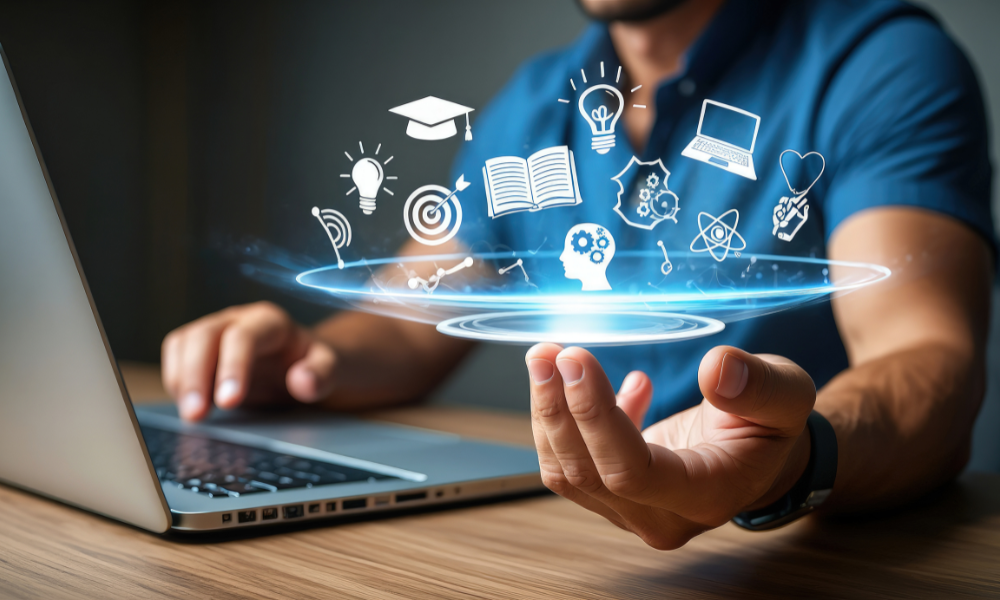
‘Used well, it creates more capacity for meaningful, human connection’

Artificial intelligence is playing an increasingly important role in workplace coaching and mentoring, but human involvement is still crucial, according to one expert.
“AI can act as an amplifier — not a replacement — for human coaching,” Dr Marais Bester, Senior Consultant at SHL, a talent acquisition and management platform, tells HRD NZ via email.
“It can help employers scale access to personalised support by providing real-time feedback, nudges, and learning recommendations tailored to individual goals.”
Employers should think of AI as a “digital co-pilot” for growth, he says.
“It can surface relevant content, help employees track progress, and prompt reflection through smart questions. For mentors and coaches, AI can analyse trends in team sentiment or engagement, so they know when to step in and where to focus their conversations.
“Used well, it creates more capacity for meaningful, human connection.”
Employers across the world appear to be falling short in upskilling employees, according to the latest "People at Work" report from ADP Research.
Despite the promise of technology, Bester emphasises that “people still crave genuine connection, empathy, and deep listening — all things AI can’t fully replicate.”
Human coaches, he notes, are uniquely equipped to “read nuance, challenge limiting beliefs, and provide the psychological safety people need to share openly.”
“There’s also an accountability factor: when you have a real person expecting you to reflect or follow through, you’re more likely to act,” he says.
Meanwhile, for self-motivated employees, AI can be transformative, says Bester.
“AI can act like a 24/7 sounding board — helping them articulate goals, brainstorm ideas, test assumptions, or reflect on what worked and what didn’t. Imagine an AI that prompts you with reflective questions after a tough meeting, or suggests micro-learning modules when you hit a roadblock.”
For this to stick, however, employers “can’t just drop AI tools into the mix and hope for the best,” says Bester.
“They need to foster a culture of curiosity and psychological ownership. That means recognising and rewarding self-directed learning, giving people protected time for reflection, and making sure leaders model the behaviour too. It helps when people feel trusted — and not micro-managed — so they see learning as an investment in themselves, not just another tick-box exercise.”
The optimal approach, he says, is for those conducting training for workers to “use AI to handle repetitive tasks or pattern-spotting, freeing up coaches and mentors to do what humans do best — inspire trust, explore complexity, and unlock potential.”
AI has made its way to HR departments globally, underscoring the need for people leaders to have AI literacy skills if they do not want to get left behind, according to an expert.
For a successful deployment of AI in mentorship and coaching, employers should focus on purpose and integration, says Bester.
“It’s not just about rolling out shiny new tools — it’s about weaving it into the very fabric of how people grow at work.”
He suggests that employers take the following steps:
“Over time, the goal is for learning and coaching to feel like a natural, everyday part of work life — where people feel safe, curious, and trusted to invest in themselves, with AI as a supportive partner by their side,” says Bester.
While many employers are boosting their investment in AI this year, employees are being left behind, according to a previous report from Accenture.